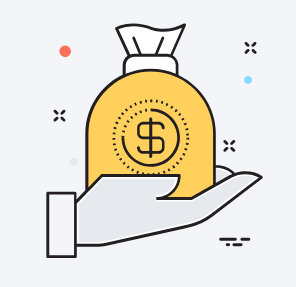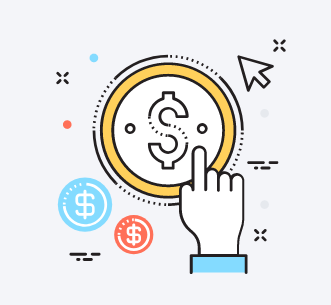- November 20, 2024
According to a 2019 GoBankingRates poll, 45% of respondents have $0 in a savings account. Additionally, 24% have less than $1,000 in savings. In other words, if a $1,000 emergency were to arise, nearly 70% of US citizens would not be able to meet expenses.[1]
Over the last few months, COVID-19 has affected at least 20 million Americans’ employment.[2] A thorough understanding of the importance of and actions leading to an adequate Emergency Fund can serve as a catalyst for greater financial stability and independence.
What is an emergency fund?
An Emergency Fund is an amount of money you save for an emergency e.g. hospital visit, car repair, unemployment, house fire, etc. Figuratively, it is real-world application of the wisdom “expect the unexpected.”
Who should have one?
Everyone should have an Emergency Fund. It can help avoid selling investments at a poor time or relying on debt to cover expenses. My sister just graduated university and, heading into the working world, one of my first suggestions was to devote a portion of income to this.
How much should the emergency fund be?
A good rule of thumb is to have 3-6 months of nondiscretionary expenses e.g. housing, food, debt, utilities, transportation, health insurance. There is no need to include non-discretionary expenses e.g. vacation, dinners out, entertainment, and other savings goals. However, the following factors and questions can help you determine a more personalized length of time.
- Economic Environment – What is the unemployment level? How long would it take to acquire a new position if you were to lose your job?
- Professional Environment – Does your specific industry (or role) have high job demand? Are there other positions in your local area? Can you work online? Would moving be required?
- Risk Tolerance – What is your risk tolerance? How many months of living expenses would allow you to feel comfortable? If applicable, what about your spouse?
- Insurance – Do you have Property & Casualty, Health, and Disability Insurance? How will the benefits help meet expenses?
Where should the emergency fund be?
Upon determining a target amount, consider opening an online savings account (discussed here). They generally have higher interest rates than Checking or Savings Accounts, which can help maintain purchasing power over time.
What are 3 tips to build an emergency fund?
- Set a concrete goal. Replace, “I want an Emergency Fund,” with “I want to have three months of rent & food.”
- Plan Ahead. What if you receive a raise, bonus, or tax refund? Form a game plan now, so you will know what to do upon receiving extra money e.g. save 50% to your Emergency Fund and have fun with 50%.
- Break up the goal. Smaller, bite sized pieces can give you confidence to achieve your goal and provide positive reinforcement along the way. If you want a $10k Emergency Fund and can save $1,000/month, target that amount. 10 successful months later, you will have achieved your larger aim!
Where do I go from here?
- What is your current cash balance? Ask yourself, “Do I have a comfortable amount of accessible funds in case of an emergency?” If so, great! If not, think about and choose a number that works for you.
- Start Saving. You do not have to get to “your number” overnight; it might take months.
- Online Savings Account If your current Emergency Fund is in an account with an interest rate of less than 1%, consider opening an online savings account.
The COVID-19 pandemic is the perfect example that things do not always unfold the way you expect. At this moment, we have an opportunity to strengthen our financial foundation, build an emergency fund, and be prepared for the unexpected that life has in store for us.
[1] https://www.gobankingrates.com/saving-money/savings-advice/americans-have-less-than-1000-in-savings/
[2] https://www.wsj.com/articles/how-many-u-s-workers-have-lost-jobs-during-coronavirus-pandemic-there-are-several-ways-to-count-11591176601




